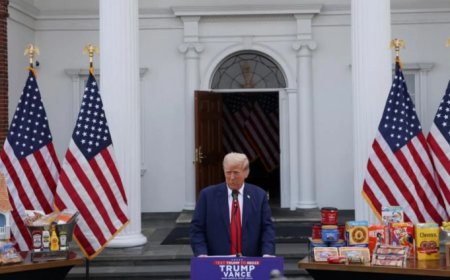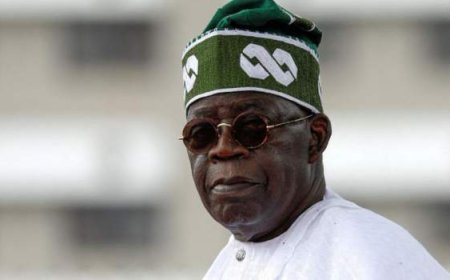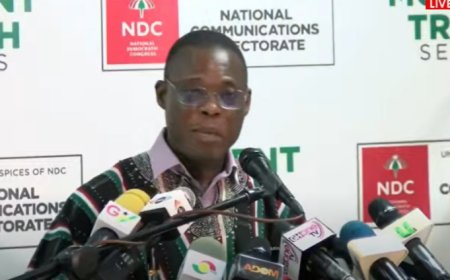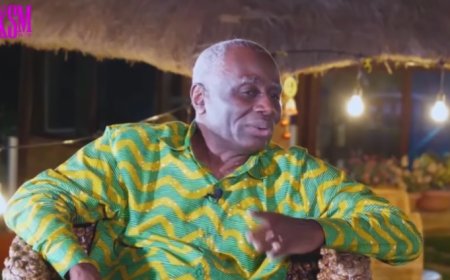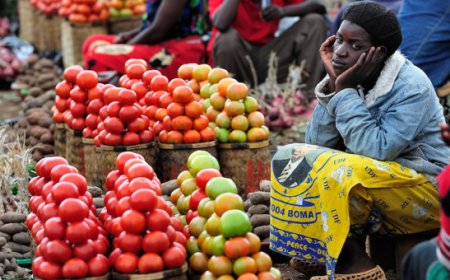Ghana's Cedi Struggles Amidst Booming Black Market Dollar Trade
As the Bank of Ghana (BoG) grapples with stabilizing the cedi against major foreign currencies, Accra's streets are flourishing with black market dollar trading, raising concerns about the central bank's control over the currency market.
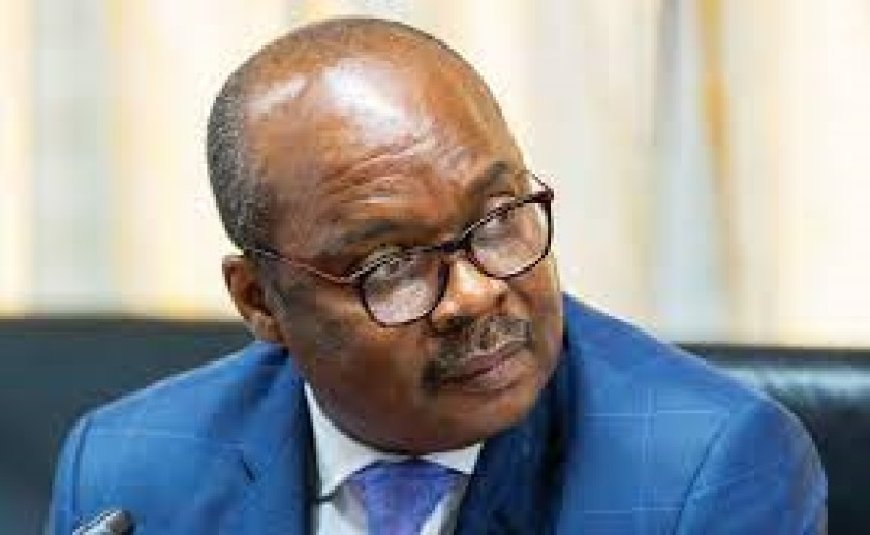
As the Bank of Ghana (BoG) struggles to stabilize the local currency, the cedi, against major foreign currencies, particularly the US dollar, an open black market for dollar trading thrives on the streets of Accra. From Cow Lane, known as the heart of black market currency trading, to the Kotoka International Airport bus stop, and the Kwame Nkrumah Interchange, foreign currencies are traded openly like everyday commodities.
Minor spots like Zongo Lane, Abeka Lapaz, Kaneshie, and the Nima Highway are also hotspots for this illicit trade. Dealers claim that many of the dollars sold on the streets are supplied by staff from commercial banks, taking advantage of their positions to obtain dollars at lower rates.
John Awuah, CEO of the Ghana Association of Bakers (GAB), acknowledged this claim, noting that bank staff are sold small amounts of dollars for personal use, such as travel. However, he doubted they could supply the volumes needed for the black market. Despite this, the association plans to investigate these claims further.
The rampant nature of this trade has attracted currency traders from neighboring Nigeria, seeking a more stable market to buy dollars amidst their country's economic turmoil. This situation raises concerns about the BoG's ability to regulate the currency market effectively.
Foreigners from Niger, Chad, and Burkina Faso are reportedly exploiting Ghana's lax security to engage in this trade. Despite the clear visibility of these activities, security agencies have failed to curb the practice, contributing to the cedi's depreciation.
The exchange rate pressure reflects increased demand for imports, energy sector payments, and uncertainties in debt restructuring negotiations, according to the Monetary Policy Committee (MPC). As of May 22, 2024, the cedi depreciated by 14.6% against the dollar, trading at GH¢13.90 on the interbank market and up to GH¢15.10 at forex bureaux and higher in the black market.
Economist Professor Peter Quartey of the Institute of Statistical, Social and Economic Research (ISSER) confirmed that black market activities significantly impact the cedi's depreciation. He urged the BoG and security agencies to eliminate these illegal operators to stabilize the cedi, suggesting formal licensing for eligible traders.
The continued success of these black market activities, despite their visibility, highlights a critical need for improved regulatory and enforcement measures to protect the cedi and Ghana's economy.
All rights reserved. This material, and other digital content on this website, may not be reproduced, published, broadcast, rewritten or redistributed in whole or in part without prior express written permission from TOP KNOWLEDGE MEDIA.
Contact: toppknowledgemedia@gmail.com
Stay informed and ahead of the curve! Follow The TOP KNOWLEDGE MEDIA on WhatsApp for real-time updates, breaking news, and exclusive content. Don't miss a headline – join now!
Join Top Knowledge Media Channel:
https://whatsapp.com/channel/0029VaEUCpP4NVigCMWy8J22
What's Your Reaction?







